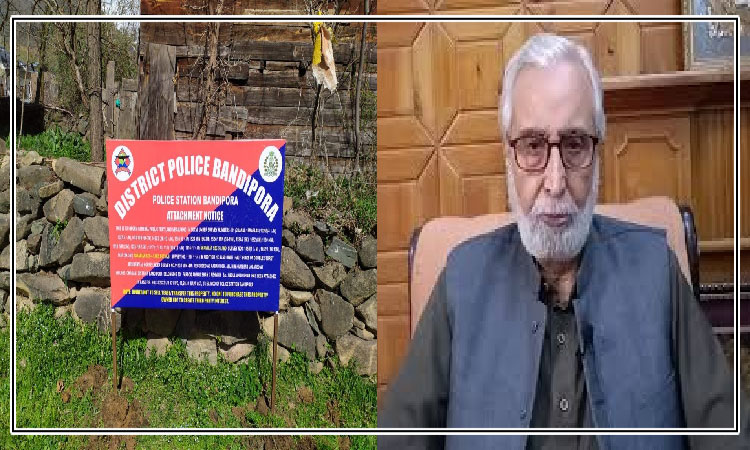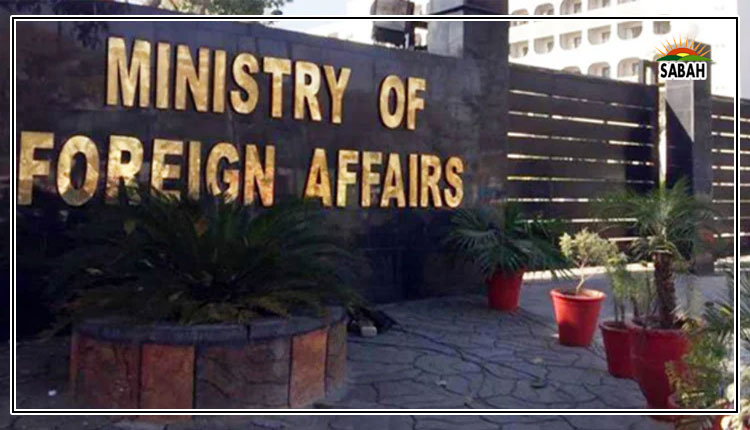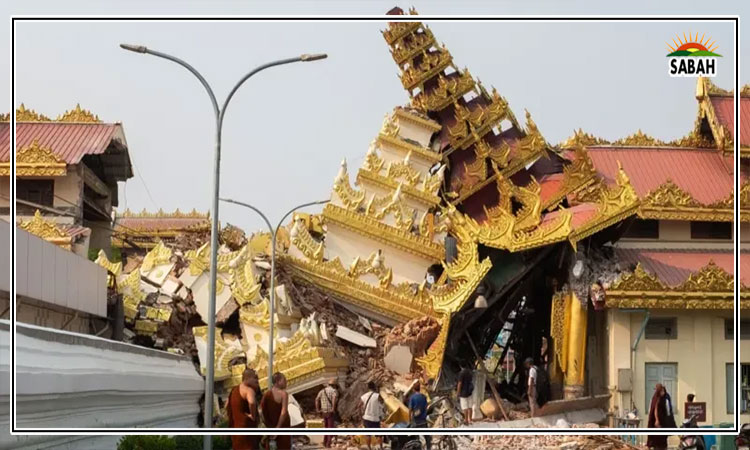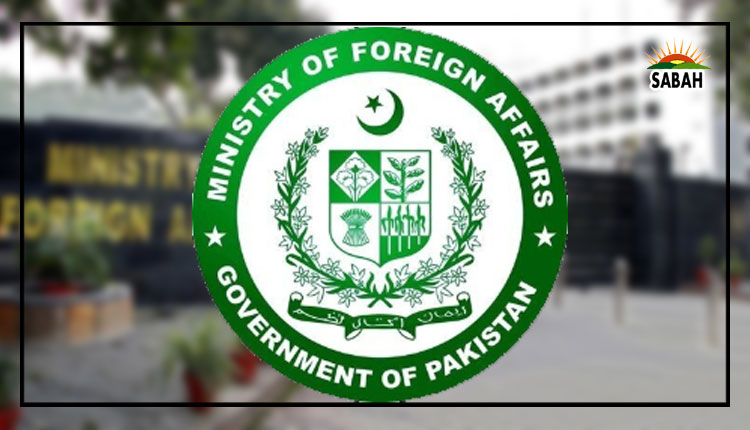Redline…… Dr Syed Akhtar Ali Shah
Redline is a buzzword in our politics these days. For PTI, attempts to arrest Imran Khan is a redline. For judiciary, any criticism is to be treated as contempt — and hence their red line. With the military, being equated with the state, any critical remarks on the defenders of the territorial boundaries are treated as a redline.
And now association with PTI has emerged as a redline.
Imran Khan alleges that his party leaders are being coerced to switch allegiance and “a redline has been drawn” in the context. However, appearing defiant, he says no one had the power to draw a redline on anyone except Allah Almighty.
“I will be back on the streets to show how to erase this redline. I consider this ‘Haqeeqi Azadi Movement’ not politics but a struggle for real independence of Pakistan,” he thunders in his typical explosive style.
Seen in the perspective of established democracies, redlines are parameters of the Constitution which must not be crossed. The other important redline is the sovereignty of a state, for which a state even goes to the war.
Unfortunately, we have a history of crossing redlines without any remorse and accountability, resulting in crises after crises.
Breakdown of the ambulance carrying an ailing Quaid-e-Azam to the hospital; removal of Prime Minister Khwaja Nazimauddin in 1953; dissolution of the Constituent Assembly; delay in elections to the National Assembly till 1958; securitisation of politics with the induction of Gen Ayub Khan in the cabinet; martial laws of Ayub Khan, Yahya Khan, Ziaul Haq and Pervez Musharraf; hanging of Shaheed Zulfikar Ali Bhutto; repeated dismissals of elected Prime Ministers; and abrogation and suspension of the Constitution were all important events of our history where redlines were crossed, plunging the country into disorder.
There is thus the need to learn from the past when dealing with the prevailing political crisis in the country. Let’s analyse the crossing of red lines of late and their causes.
Although acts of vandalism, torching of government and private properties cannot be condoned, there is need to see why things came to such a pass.
We are not robots but humans full of emotions. So piled-up emotions at times burst out. The PTI boys overwhelmed with such emotions appeared to have decided to go to any length to avoid the arrest of Imran Khan — their redline.
The Constitution and law provide mechanisms that serve as safety valves to avoid bursts of anger that trigger violence. But, whenever these valves are closed, the result more often is violence.
Also, without the rule of law and good governance, there can be no order in society. In this context, the Constitution is the supreme law that sets the parameters for all institutions — executive, legislature and judiciary — to perform their obligations. Based on the concept of trcichotomy of powers, each institution derives its authority from the Constitution and law.
Constitution is the most sacrosanct, and thus the redline. No one, however high and mighty, is allowed to cross this redline. Unfortunately, this redline has been crossed so many times in the form of its abrogation, subversion and violation.
Though the Constitution of Pakistan mandatorily ordains to hold elections to an assembly within 90 days after its dissolution, this provision of the Constitution has not been followed on purpose. This also amounts to subversion of the Constitution and crossing of a redline. In fact, the subsequent turmoil erupted mainly due to non-adherence to the Constitutional provisions and refusal to hold election in time.
In this back drop, those at the helm of affairs must understand that the intent and purpose of the Constitution is to create order by holding society together. Omission to follow leads to disorder. For the order to prevail in society, the Constitution must be followed by holding the elections on time — to start with.
Courtesy The Express Tribune, June 24th, 2023.











